
Spring brings a plethora of refreshing veggies into season, and these salads make the most of their natural flavors and health benefits.

Spring brings a plethora of refreshing veggies into season, and these salads make the most of their natural flavors and health benefits.
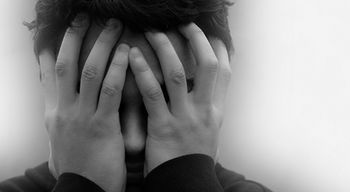
How do survivors of head and neck cancer cope with drastic changes to one of the most visibly identifiable body parts — the head?

Over a quarter of adolescent or young adult patients diagnosed with sarcomas will have difficulties financially, romantically for an extended period after diagnosis.
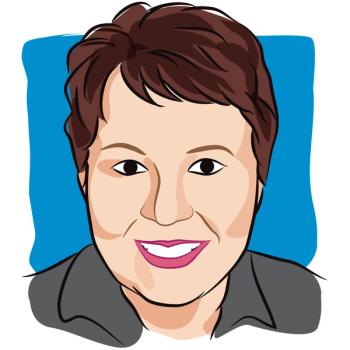
I thought my sensitivity to breast cancer scenarios on television shows had gotten stronger, but it hasn’t.
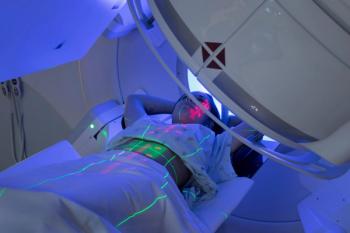
Hodgkin lymphoma survivors should avoid associated risk factors of developing colorectal cancer such as smoking, alcohol usage and being overweight.
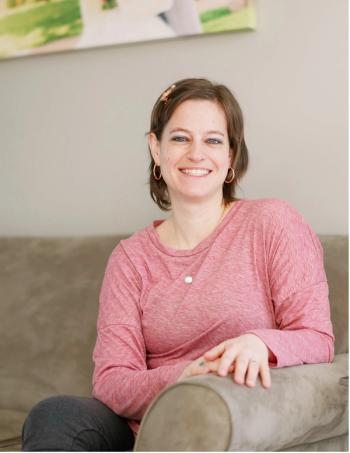
Many survivors see significant hair changes during cancer treatment, leaving a difficult reminder when they look in the mirror.

I finally finished cancer treatment, and for the first time in a while, tomorrow feels more certain.

Cancer survivors who are experiencing side effects from treatment, such as chronic fatigue, may benefit from a healthier diet.
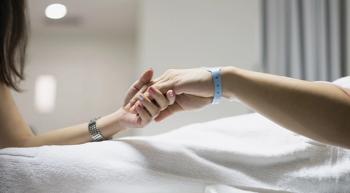
After receiving supportive care during her college cancer journey, this survivor now works to guide other patients through their treatments.

We cancer survivors are complicated — not more complicated than others who have faced their mortality head-on, but there’s a certain bucket we get put in when we let others know about our diagnoses.

In 2023, my goal is to continue building my role as a patient advocate and to support other cancer survivors in the fight through the various organizations I am involved with.

Cancer treatments including chemotherapy and radiation may increase a patient’s risk for heart disease, and being mindful of some of the symptoms may be one of the steps for prevention, one expert said.

The impact of living in a socioeconomically disadvantaged area and having conditions like diabetes or high blood pressure may increase the likelihood of a childhood cancer survivor dying at least five years after they were diagnosed.

From a cancer survivor who will attend the Super Bowl thanks to the Make-a-Wish foundation to the death of a former professional bodybuilder from the disease, here’s what is happening in the oncology space this week.
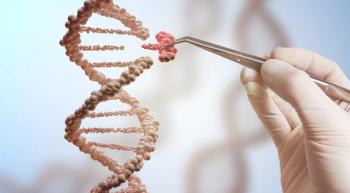
Survivors of childhood cancer tended to have a higher rate of clonal hematopoiesis than those without a cancer history, research showed.

When children with cancer received dexrazoxane alongside their chemotherapy, they tended to have fewer heart complications in the short and long term.
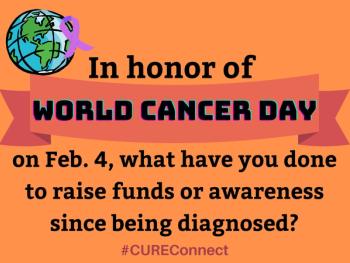
In honor of World Cancer Day, we asked our readers what they do to raise funds and awareness since being diagnosed.

After being diagnosed with cancer, I’m nervous to plan for my future, and can’t say I’m in remission without knocking on wood.

We asked our audience of cancer survivors how their diagnosis affected their careers. Here’s what they had to say.

My cancer was caught early, and I never had to have chemotherapy — leading me experience survivor’s guilt and ask, “can I even call myself a survivor?”
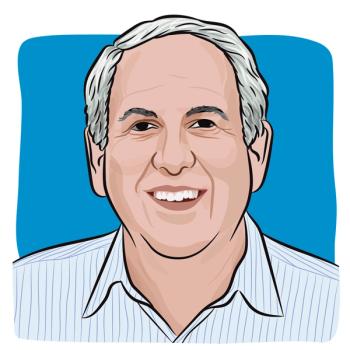
Here are four ways I found purpose in my life after being diagnosed with cancer.
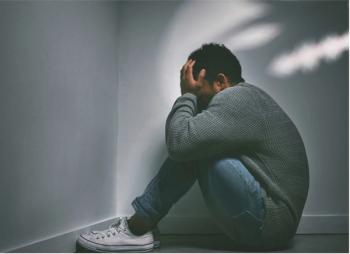
As young adults, survivors of childhood cancers were more likely to report feeling lonely compared with their siblings, emphasizing the importance of screening.
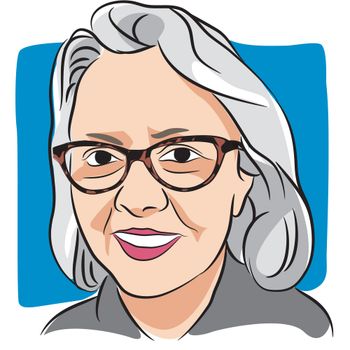
Cancer is complicated enough while we are in it. How important are specific memories and details as we focus on survivorship into, hopefully, an old age that may bring natural memory loss?

My body and mind go through a lot before and after cancer scans. Here is how I bounce back.

When I was asked to speak to a youth service club about my cancer, they asked some meaningful questions, making me take stock of my experience.
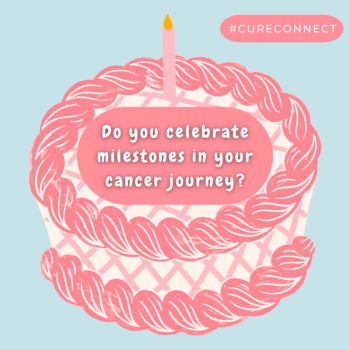
CURE® surveyed its audience to learn how they celebrate milestones in their experiences with cancer, if they do at all. Here’s what they have to say.

Fighting for something I believe in was worth it, especially since it came to my health after cancer.

I’ve heard the phrase, “don’t waste your cancer,” as a way to encourage survivors to tell their stories and donate to nonprofits.

Now that I’m six years out of my breast cancer treatment, people assume that I’m better and lack empathy. However, my anxiety is still high.
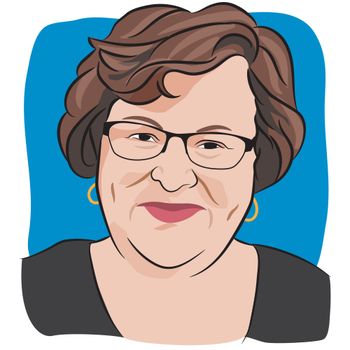
My local cancer wellness center offered a singing bowls session, which I found incredibly relaxing.